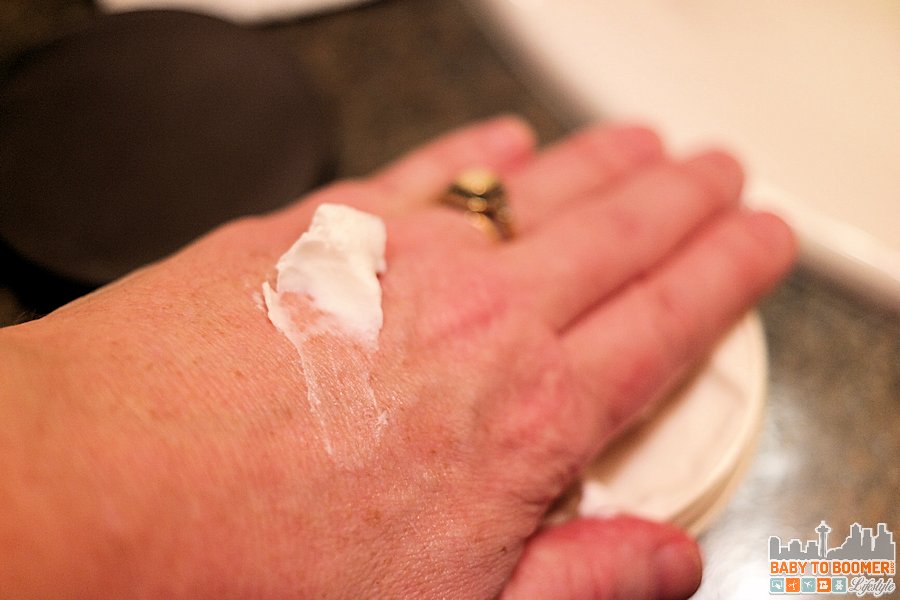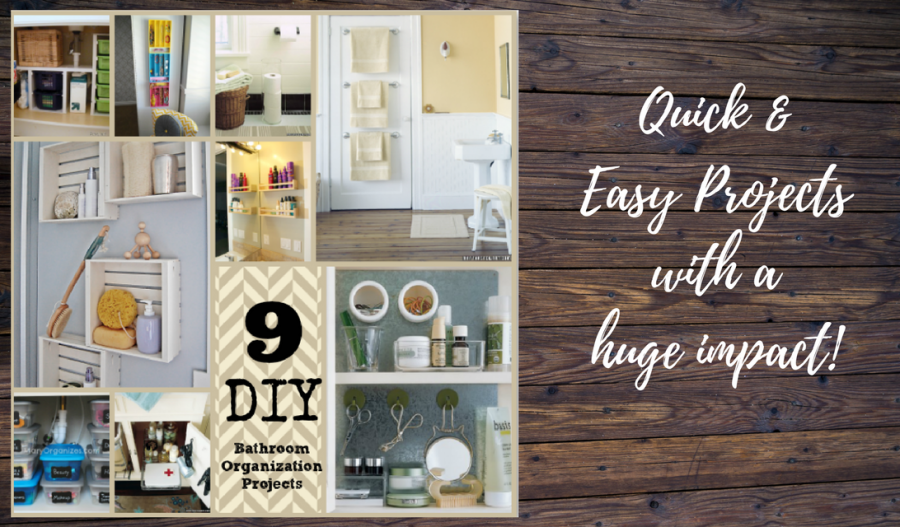By: Mary Jane Minkin, M.D., ob/gyn at the Yale School of Medicine and FIRST RESPONSE™ Spokesperson
Whether she’s committed to climbing the corporate ladder or wants time to travel and earn degree number two, more and more women of all backgrounds are opting to start or grow their families in their 30’s and 40’s. While more women feel empowered to shape their own family planning process, it’s important that these women know the status of their reproductive health in order to have a safe and healthy pregnancy.
FIRST RESPONSE™ spokesperson Dr. Mary Jane Minkin, clinical professor of Obstetrics and Gynecology at Yale University School of Medicine, offers information women need to know when thinking about starting a family in their 30’s and 40’s.
- Start Taking Care of Yourself Now. Make healthy lifestyle changes well before you start thinking about starting or growing a family. Women should do the following when preparing for pregnancy:
- Take multivitamins
- Quit smoking or drinking
- Eat right
- Do something active every day
- Stay away from strong chemicals
- Manage stress
- Every Egg Counts. Every woman is born with all the eggs that she will ever have. As the eggs mature and are released over time, the number of eggs she has decreases. Age can play a role in a woman’s ability to get pregnant. Stay on top of your ovulation cycle. There are only about two days a month when you are most likely to get pregnant. Use a [amazon_link id=”B001E96NBQ” target=”_blank” container=”” container_class=”” ]FIRST RESPONSE[/amazon_link]™ ovulation tests to determine these two days by testing your personal luteinizing hormone (LH) level.
- Age Isn’t the Only Factor. While age is a major factor in a woman’s fertility, it is not the only factor. Endometriosis, irregular periods and Polycystic Ovary Syndrome may also limit the chances of becoming pregnant. Fertility is complex. Talk to your gynecologist about your health history and know your fertility potential.
- When to Consult a Doctor. Women under 35 years old who have been trying to get pregnant for over 12 months or women older than 35 who have been trying to get pregnant for 6 months should consult a physician. Women should asses their ovarian reserve with the FIRST RESPONSE™ Fertility Test for Women and be empowered to know sooner. (This test does not detect for all fertility issues.)
- Think You Might be Pregnant? Take a pregnancy test as soon as possible. The FIRST RESPONSE™ Early Result Pregnancy Test can detect the pregnancy hormone, hCG (human Chorionic Gonadotropin), 6 days before your missed period.
Visit FirstResponse.com for more information about family planning.























This is an article which is a must read for everyone. I am glad you decided to write it.